Learning gains throughout the pandemic
Back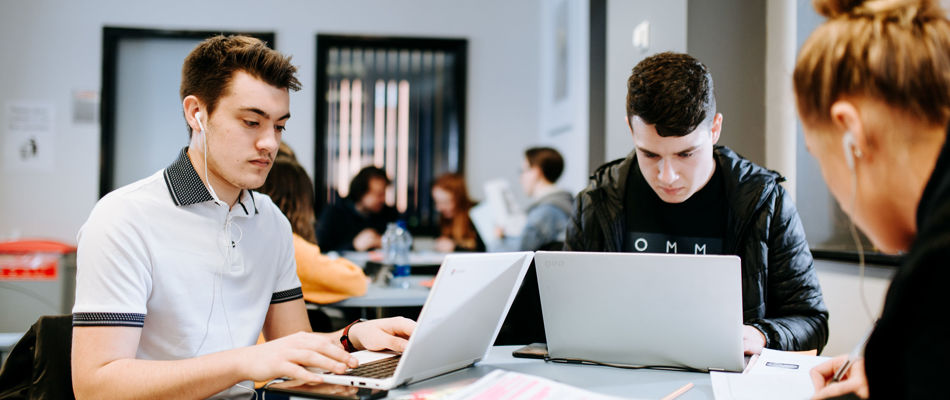
Wilberforce Sixth Form College, Hull
Over the last year, from the outset of the COVID-19 pandemic, our teachers and students have been forced to completely adapt how they teach and learn, with the aim of no student experiencing a gap in their education as a result of college being closed. It was right that our first weeks of remote working were focused on minimising the disruption to learning and maximising skills development.
When it then became clear that the lockdown was to be further extended our focus expanded to include the wider management of college operations. With the college leadership team unable to employ in-person management strategies and having to keep pace with digital learning, the added burdens of adapting safeguarding, GDPR and other work-based policies meant that we needed to seek help from our partners at Microsoft and the education community. This collaboration enabled us to link up with, and learn from, institutions who were further along their digital transformation journey, which sparked a rapid uptake of staff professional development opportunities and encouraged us to apply to become a DfE Demonstrator college so that we could share our newly acquired skills and experience with other schools and colleges in need of support in turn.
What Our Students Gained
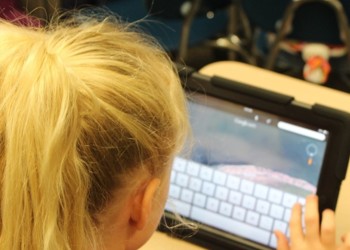 An accessible and future-focused education is something that students of today deserve, and it is something that each of our students now have, from inclusive lessons, with integrated support, to device availability. We use programmes that are designed to prepare them for their future lives in an ever-changing and evolving digital world. During our digital technology journey so far, we have spent time immersing ourselves and our students in technology, helping to actively develop their independence, resilience and digital literacy skills. They have learnt how to get the most out of their devices and how the devices that they had used for communication previously (including for some, gaming consoles!) could be used to transform and bring their learning and education to life. Most importantly, they were guided on how to make the most out of their education when that education is not based in a classroom but in personalised and innovative digital spaces that can be accessed anytime, anywhere.
An accessible and future-focused education is something that students of today deserve, and it is something that each of our students now have, from inclusive lessons, with integrated support, to device availability. We use programmes that are designed to prepare them for their future lives in an ever-changing and evolving digital world. During our digital technology journey so far, we have spent time immersing ourselves and our students in technology, helping to actively develop their independence, resilience and digital literacy skills. They have learnt how to get the most out of their devices and how the devices that they had used for communication previously (including for some, gaming consoles!) could be used to transform and bring their learning and education to life. Most importantly, they were guided on how to make the most out of their education when that education is not based in a classroom but in personalised and innovative digital spaces that can be accessed anytime, anywhere.
What Our Staff Gained
If you search the internet for current in-demand jobs or training opportunities you may begin to reflect on your curriculum and workforce and wonder if your staff and students are equipped for the future. In early 2020 we undertook a similar review led by a key team of staff from all areas of the college. This resulted in us realising that as a college we needed to adapt and align our teaching with the emerging demands of the digital age. Looking further ahead into the next decade, reports from the OECD1, NESTA2 and the World Economic Forum3 all highlight that the main priorities of education should focus upon developing creativity and fostering a curious and positive attitude towards lifelong learning.
There is no doubt that the pandemic has been truly awful - on a professional and personal level - forcing us to adapt our lives in and out of work. It has tested our resilience, our patience and our resolve in ways that the world of education has never seen before, all when our students needed us the most. From the outset of the first lockdown, we showed that teamwork, trust, confidence, flexibility and fun were key factors we needed to consider to ensure our staff and students could thrive when taking part in remote learning. For this reason, we made sure that every team was encouraged to develop a means to remain social, with most choosing to adopt dedicated social communication channels where staff could visit for a chat and to share experiences outside of work. Throughout the pandemic our free access tech team grew in numbers, reaching nearly 30% of the workforce at its peak. This team supported staff in many aspects of our EdTech transformation, from the most basic of tasks through to adopting more advanced teaching and learning applications. As a result of these positive foundations, we rapidly built an active online user base covering nearly 90% of our staff and students, meaning that we could completely avoid the posting out (or emailing) of “work packs” to ensure that students had something to work on in place of face-to-face teaching.
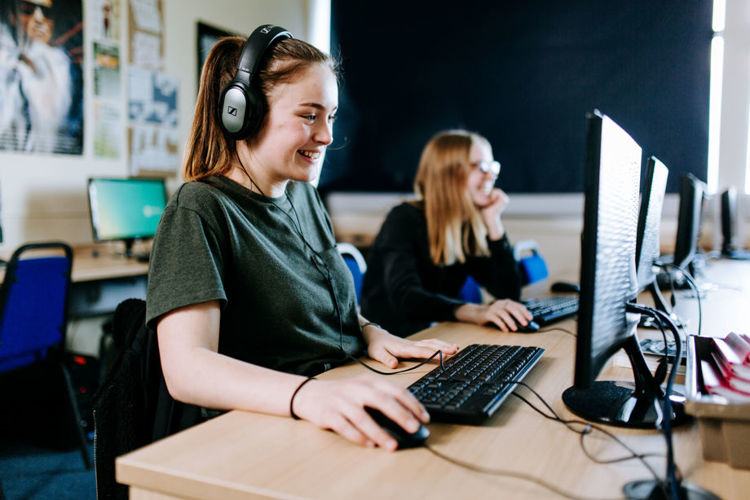
After the first shock and panic of home working, we set up safe and meaningful guidelines for remote learning, focusing on short bursts of live interaction which could be as simple as a teacher to class chat or as complex as an interactive video conference. We ensured these guidelines were clearly and carefully communicated to staff, students and parents to foster a positive learning culture and encourage everyone to learn new skills together. Because our guidelines were based on our spectrum of staff competencies and not an overoptimistic minimum standard, we soon found that staff teams began to organically collaborate to help each other learn new skills and open new avenues of teaching, learning and assessment that were previously unachievable.
As you can see from the timeline below from June 2020 to now, our staff have gained the confidence and standing to help 35 other schools and over 1000 educators through the pandemic. This has been both an enormous responsibility and privilege, culminating in our college becoming the first sixth form in the UK to be awarded the coveted Microsoft Showcase status in early 2021.
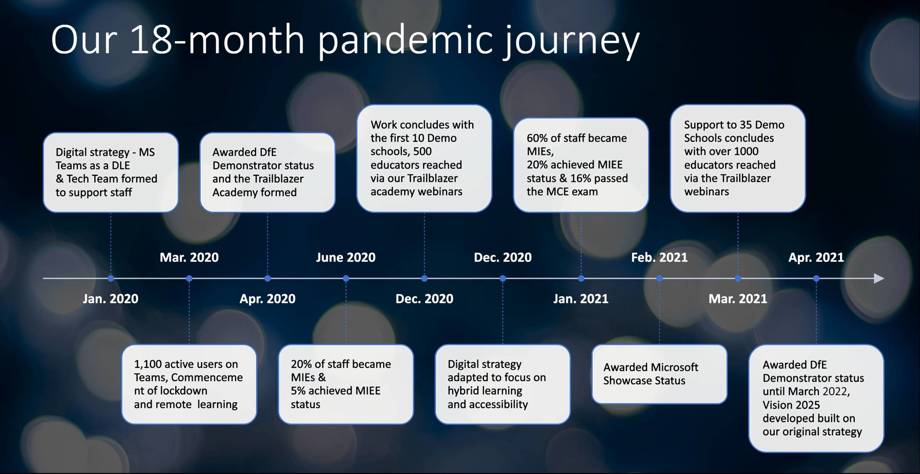
Lessons Learned
- Staff and student wellbeing is always at the forefront of what we do, and never more so than during and coming out of the pandemic. Through the use of digital technologies, we were able to ensure that our community remained connected. Our student support staff used their newly-acquired technical skills to keep in touch with vulnerable students, offering remote appointments and pastoral guidance to ensure that the support they relied on was uninterrupted.
- During the digital transformation, the role of the teacher also had to transform. Teaching “as you would” in a classroom was simply not enough; teachers needed to develop their role from instructor to that of collaborative facilitator. Teachers and students worked side by side and in active, partnered learning and education practices.
- Coaching in the digital age took on different forms for different purposes. It was not just a case of coaching amongst staff but also staff and students coaching each other too. In terms of staff, we formed a tech team made up of tech experts, tech enthusiasts and tech novices. As a collective we developed our knowledge, skills base and confidence in digital technology use. Following this, the status of the college as a DfE Demonstrator college helped to develop coaching amongst staff and external institutions. Through the tech team we disseminated key information and training within our faculties and teaching teams. We then cascaded instruction based on our individual areas of expertise. This then developed into encouraging risk taking and developing innovation within our teaching – this is where the students came in. Once our confidence as technological facilitators had grown, we then coached our students on how to develop their technology use. Technology use is now second nature to our staff and students alike.
- Many schools, colleges and education providers have done a truly amazing job throughout the pandemic. They have completely changed and adapted the way that they do things, ensuring that the needs of learners have been met to the best of their ability. The problem facing many institutions is clearing some headroom to take stock of skills gained in order to establish which practices have changed for the better and which need revision. Without a clear strategy based on these outcomes, organisations may remain good with their EdTech provision, but they will never be great. Our advice would be to make time now to ascertain your vision, base your goals on aspirational but achievable outcomes and above all put the student experience first.
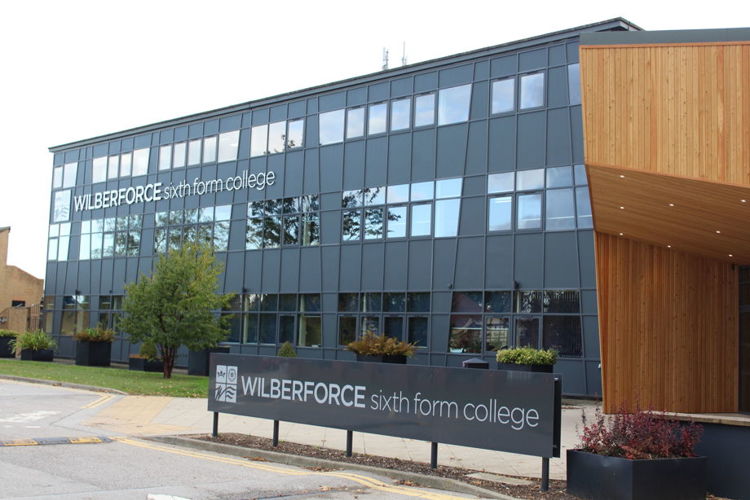
References
- Skills_for_2030_concept_note.pdf (oecd.org)
- The Future of Skills: Employment in 2030 | Nesta
- WEF_Future_of_Jobs_2020.pdf (weforum.org)
The authors of this piece are Jonathan Butler, Assistant Principal, and Kelly McGurk, Cross College English and Initial Teacher Development Co-Ordinator, both of Wilberforce Sixth Form College. Both specialise in digital teaching and learning.

